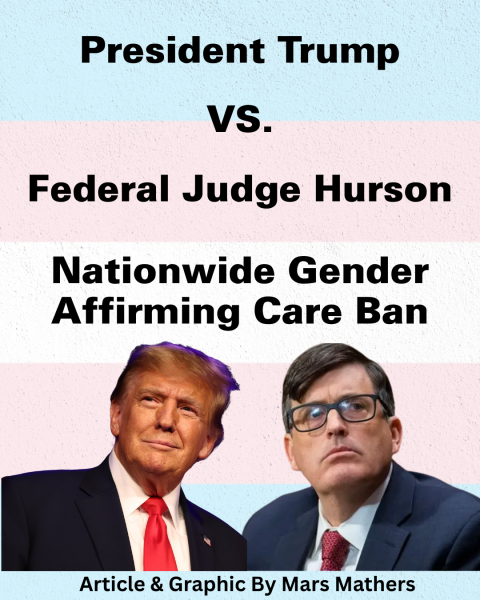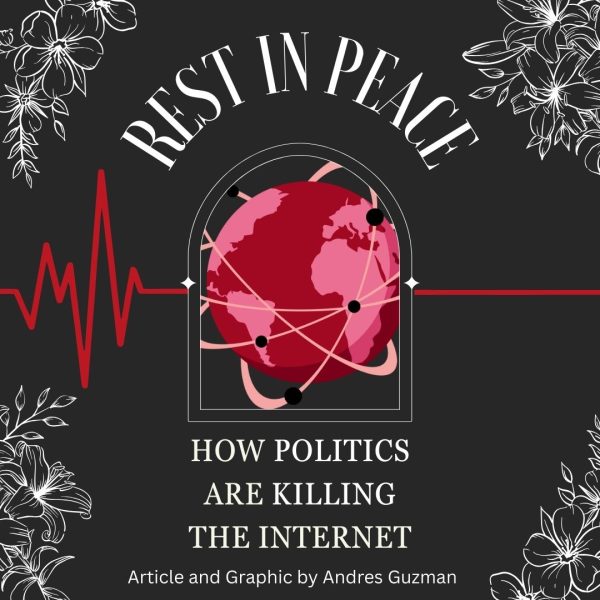What’s Up With Roe v. Wade?
Roe v. Wade is facing a new challenge in the US Supreme Court. The case, ruled in 1973, determined the right to abortion in the first trimester under the 1st, 4th, 5th, 9th, and 14th Amendments’ right to privacy, effectively legalizing the procedure nationally. Many cases with the potential to strike down the landmark case have emerged in the past year, as the appointment of Justice Amy Coney Barrett created a conservative majority in the court that many believe would overturn the case if given the opportunity. Examples of these challenges include the 2021 Texas Heartbeat Act and its associated lawsuits, and the most recent case, Dobbs v. Jackson Women’s Health Organization from Mississippi.
The case involves a lawsuit by the Jackson Women’s Health Clinic (the only facility in Mississippi that provides abortion) against the state of Mississippi over a new law, The Gestational Age Act. The law bans abortions after 15 weeks with few exceptions (much earlier than stipulated in Roe v. Wade). Lower courts have so far ruled in favor of the Jackson Women’s Health Organization, preventing Mississippi from enforcing the law until a verdict is reached. Hearing arguments late last year, the US Supreme Court is expected to make a decision in the coming months.
If Roe v. Wade is overturned, abortion in the United States would not disappear overnight. Regulatory rights to abortion would most likely be turned over to state governments, meaning that states will have the power to decide whether or not abortion is legal. This means that abortion rights will continue to exist in some states. Other states, including Texas, Mississippi, Tennessee, and many others, have laws in place known as ‘Trigger Bans.’ ‘Trigger Bans’ are pre-existing, dormant laws that would become active if Roe v. Wade is overturned, outlawing abortion in their states of origin. Pro-choice concerns over the potential loss of Roe v. Wade lie mostly in abortion accessibility in these states and for those living in underserved areas that may not have access to the resources needed for travel to states where abortion will remain legal.
As this is the first time the court will rule on the constitutionality of an abortion ban this early on in development since Roe v. Wade, tensions run high on both sides as many anxiously await the decision that could alter abortion rights for decades to come.

(She/her)
Sam Heyl is a senior excited for her second year on the Eagle's Eye! She lives and breathes animation and any/all creative writing. When she's...











